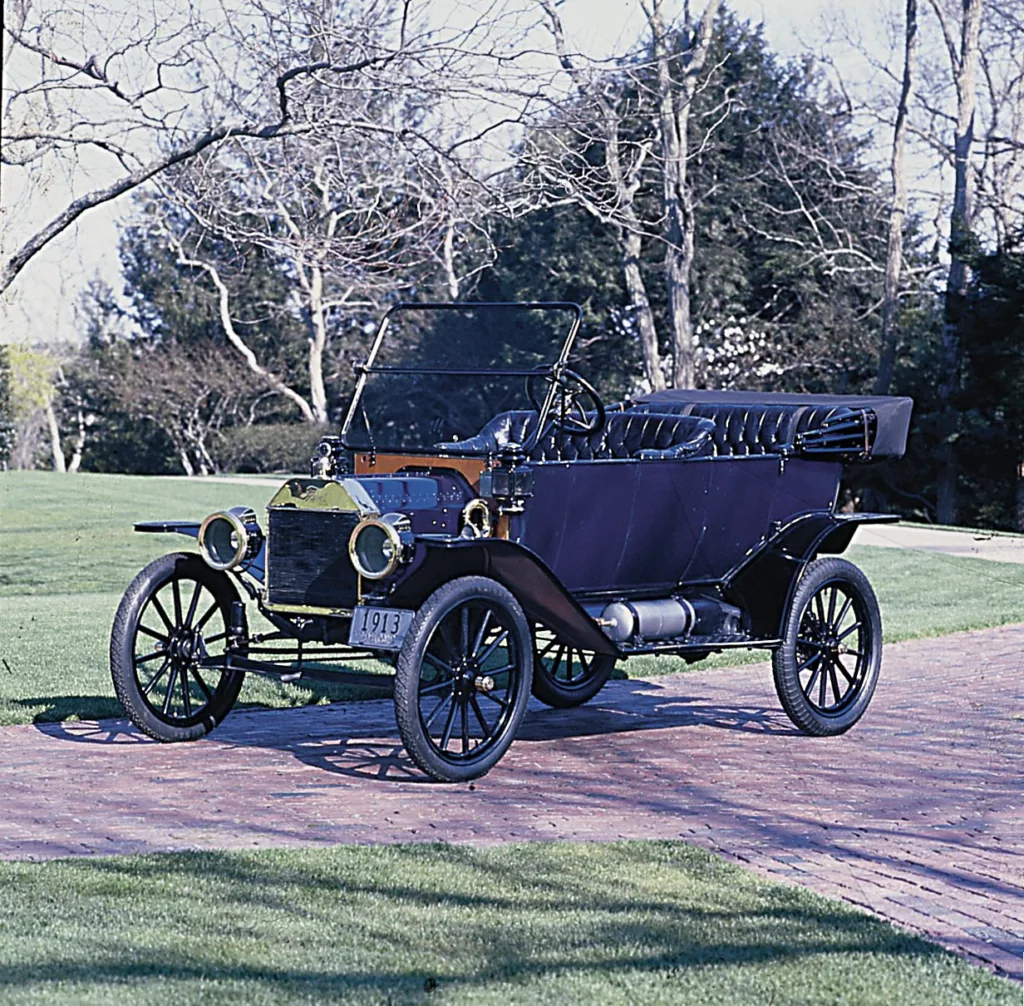A Journey Through the History of Ford

The automotive industry has been a driving force of modern civilization, revolutionizing transportation and shaping the way people live and interact. Among the titans of this industry, Ford Motor Company stands as an iconic symbol of innovation, mass production, and a profound impact on global mobility.
The Early Years: Birth of an Automotive Pioneer
Founded by Henry Ford on June 16, 1903, in Detroit, Michigan, Ford Motor Company marked the inception of mass production in the automobile industry. The debut of the Model T in 1908 was a watershed moment, as it introduced affordable automobiles to the masses. The production line innovation, coupled with the company’s commitment to efficiency, enabled the Model T to become an accessible and reliable mode of transportation for millions.
Revolutionizing Industry with Assembly Line Production
Henry Ford’s introduction of the assembly line in 1913 represented a seismic shift in manufacturing techniques. This innovation drastically reduced the time required to build vehicles, making them more affordable and accelerating the rate of production.

Impact on Society: Shaping American Culture
The affordability of Ford’s vehicles and the accessibility they offered to the general population catalyzed a transformation in American society. The automobile became more than just a means of transportation; it symbolized freedom, opportunity, and exploration. The concept of a road trip, facilitated by the affordability of Ford cars, became ingrained in the American cultural identity.
Innovation and Evolution: From Model T to Modern Marvels
As the years progressed, Ford continued to innovate and evolve. The Model A succeeded the Model T, and the company introduced various new models catering to changing consumer preferences. Iconic vehicles like the Ford Mustang, introduced in 1964, captured the spirit of the era and became emblematic of American automotive design and performance.

Challenges and Resilience: Navigating Turbulent Times
Ford, like many other companies, faced challenges during periods of economic downturn and global conflicts. However, the company’s ability to adapt, diversify, and embrace new technologies enabled it to weather these storms. Notably, during World War II, Ford contributed to the war effort by producing military vehicles, aircraft engines, and other essential equipment.
Sustainability and the Future: Shaping the Road Ahead
In recent decades, Ford’s focus has expanded to include sustainability, innovation, and technology. The company has introduced hybrid and electric vehicles, placing an emphasis on reducing environmental impact while delivering cutting-edge performance.

The history of Ford Motor Company is a saga of innovation, resilience, and cultural transformation. From revolutionizing manufacturing techniques to creating affordable automobiles that changed the way people live, Ford’s impact on society cannot be overstated.






